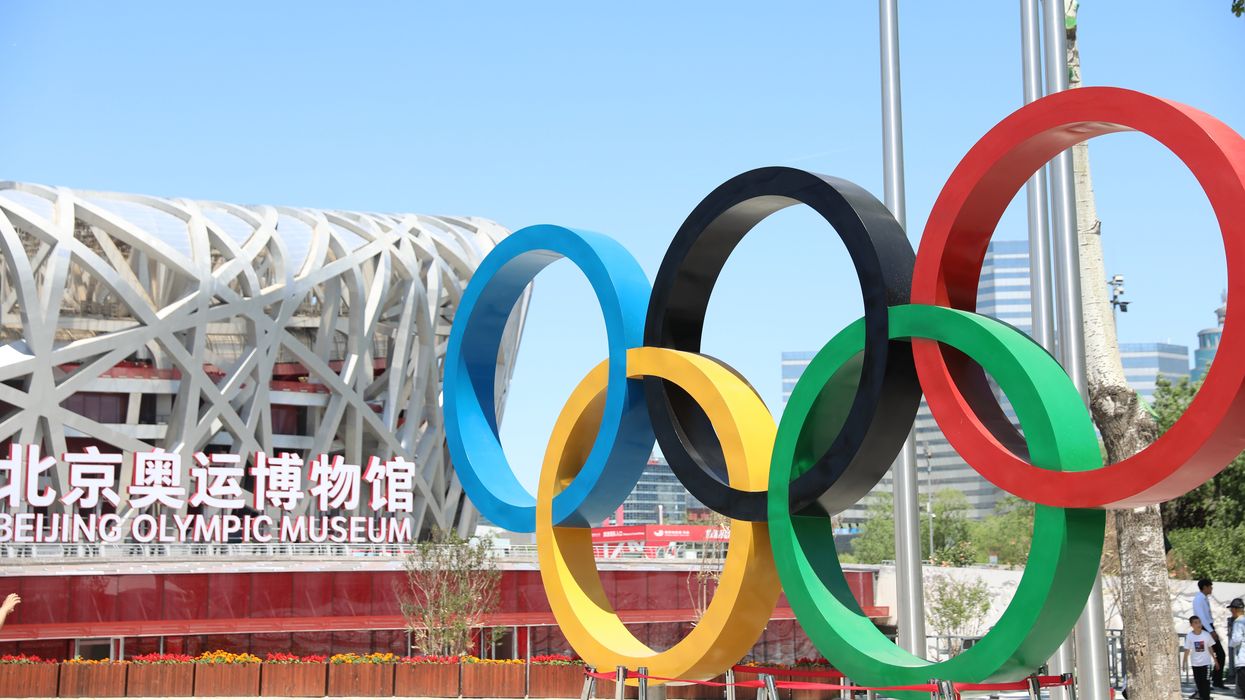Johnson is a United Methodist pastor, the author of "Holding Up Your Corner: Talking About Race in Your Community" and program director for the Bridge Alliance, which houses The Fulcrum.
The Olympics, those weeks-long extravaganzas of athletic competition that happen every four years, have long been more than just games. The Olympics, in their essence, are a stage for showcasing the best human values – like fair play, respect and the courage to strive for excellence. These ideas are not just important, they are the very fabric of our shared humanity and encourage reflection on our own democratic underpinnings.
The Olympics trace back over 2,000 years to ancient Greece, and have always been more than a mere display of athletic prowess. They were a time for Greek citizens to unite, celebrate their democracy and showcase their remarkable athletic skills. Fast-forward to the late 1800s, when people around the world were ready for a modern version of the games; they wanted to bring together athletes from different nations to compete and celebrate peace and friendship.
And just like the ancient games, the modern Olympics have always included people from all walks of life — different countries, races and religions. The sight of athletes worldwide chasing their dreams and pushing their limits is not just inspiring, it's a testament to the potential of the human spirit. It's a powerful message about the importance of diligence, perseverance, and the transformative power of the Olympics to inspire us to be our best selves.
Hosting the Olympics can also do some good for the people who live in the host nations and regions. The money and resources used to prepare for the games can be used to improve things like infrastructure, education and health care. It's a way for the whole world to see the best of a country and its people. But it's also essential to ensure that the benefits of hosting are shared equitably.
Of course, the Olympics could be better. Putting on such a big event can be expensive and sometimes leads to things like corruption, unfair treatment of workers and even the forced removal of people from their homes. And let's remember the pressure to win at all costs, which can make some athletes feel like they have to do whatever it takes to come out on top. That's why it's crucial for everyone involved to remember the actual values of the Olympics — fair play, respect and the joy of competition.
So, how can we make sure the Olympics live up to their potential? First and foremost, the core Olympic values must remain front and center. The governance and legislative actions of the games from decisions about who gets to compete, how the games are run, and what the results mean should be guided by fairness, respect, and integrity to sport.
Next the voices of all athletes ought to be lifted and heard. That means ensuring diverse and inclusive representation and that everyone gets a fair shot at success, no matter their background or beliefs. It's about creating a space where everyone feels like they belong and can be authentic.
Finally, host nations and governing bodies of sport must be held accountable. The Olympics should be a means to a greater end. Purposed to do some real good for their citizens and world. Thus, ensuring the benefits of hosting are shared widely, treating workers fairly, and protecting the rights of all people.
The Olympics are more than just a sporting event — they're a global celebration of human potential and force for positive change. As the world readies for the Summer Olympics in Paris, we pray that the power of sport will inspire, unite and help encourage our better angels worldwide.




















